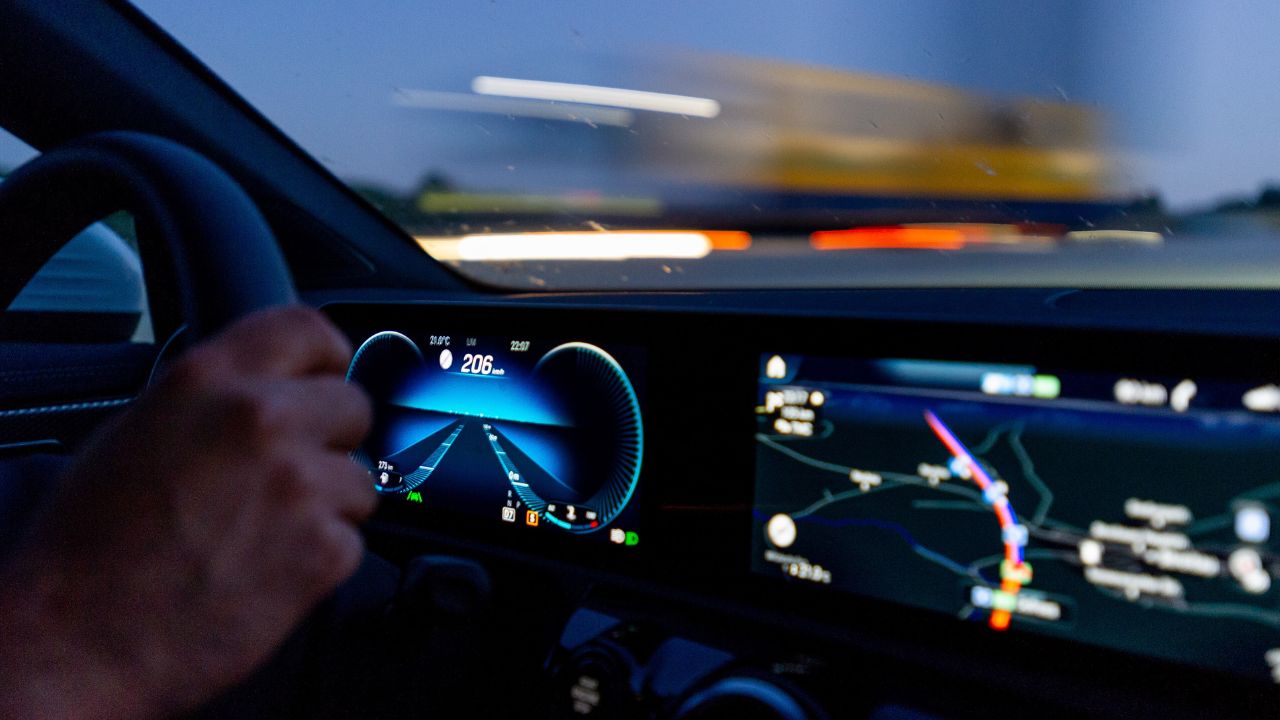Belgian startup IVEX has raised seed funds to support its software development platform for autonomous driving and ADAS systems.
The company won backing from Flemish government investor PMV, as well as SDPG, The Faktory Fund, Noshaq and Dedicated.
IVEX is expanding in the EU, US and Asia with its advanced open data analytics software for trialling vehicle-side ADAS/AS compute in edge runtime environments.
Safety is one of the main challenges of autonomous driving, and IVEX is working with several major OEMs to come up with autonomous solutions.
"At IVEX we're creating proof for the testing and validation of these autonomous driving and ADAS functions. And we'll see that the companies, they are really at different stages of autonomy, whether SAE level zero (no autonomy) or having the car that will bring you these robotaxis (SAE) level 4," said IVEX co-founder and CEO Mario Torres.
"We have, for example, for our customers with our software in the US right now for level 4 systems. And what we see is that the deployments have very limited areas and places that the system can drive in. So what we expect is to see its adoption let's say city-by-city."
Not every auto OEM is taking the plunge into full-on autonomy, though. Torres explained: "You have automakers that are looking much more at what we call driver assistance systems, and in those systems we have makers like BMW or Mercedes. Mercedes just released an ADAS which is level 3, meaning that on certain roads the car drives itself, and the driver is not responsible for the car anymore. But this is really limited roads currently."
As edge computing becomes more powerful, and with new LIDAR sensors arriving to market, auto OEMs have enhanced capabilities to execute highway autonomy.
However designing these models requires huge datasets and visual libraries of driving scenarios to be categorised, and then rigorously tested. Moreso, as there's some variation in the performance of automation software across different OEM models.
"At the moment it's not really entirely ," Torres said. "One of the best examples in Europe is called the LKS, basically the lane keeping systems."
"Cars using ALKS should change lanes automatically, and the maximum allowed speed will be 130 km/per hour. But in reality different OEMs were still not sure what speeds will be capable of, because the speeds depend a lot on the software they're using, and how much trust they place in the system."
IVEX's chief technology officer is Hoang Tung, a former KU Leuven researcher specialised in anti-hazard modelling in autonomous software platforms.
Tung explained the team had gradually increased its technical understanding in recent years. "Over the past years, we learned a lot about the pain points in developing and delivering safety and autonomy," Tung added. "Our products are getting more and more mature. Thanks to its funding round, we can accelerate our product development and offering. We are happy to have great investors who continuously support our mission."



Would you like to write the first comment?
Login to post comments